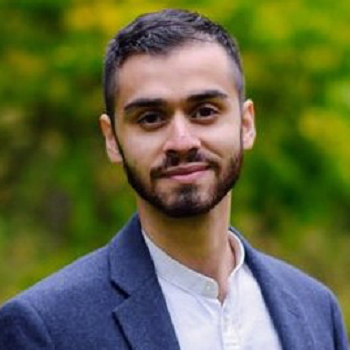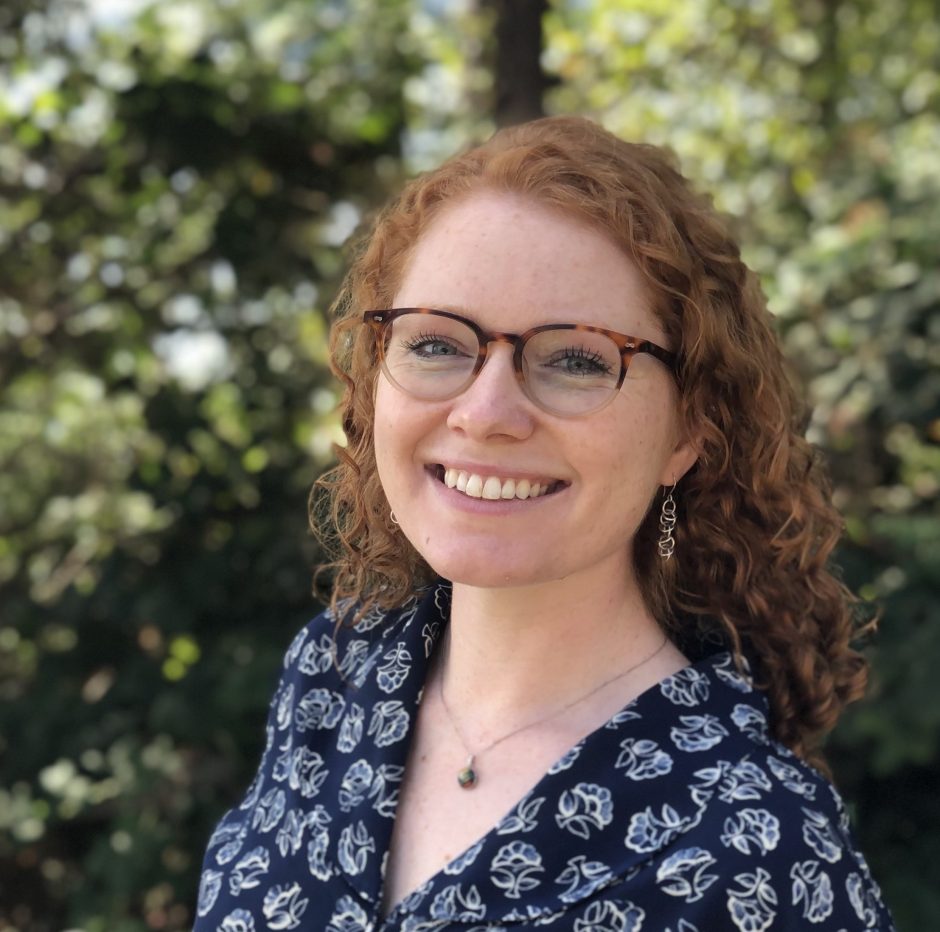1. “Clean and affordable transportation” for all Canadians: Heterogeneity in cost of electrifying passenger transportation in Canada
2. Farmer Sociotechnical Imaginaries for Canadian Agri-Food Future
Time: 12:30pm to 1:20pm
Location: Michael Smith Labs Theatre (Room 102, 2185 East Mall)
View video here.
Talk summary:
Are electric vehicles (EVs) more expensive than conventional cars in Canada? Do people who don’t live in single family homes pay more for EVs? How does Canada’s cold weather affect EV costs? How will the federal carbon tax impact Canadians who want to buy an EV in 2030? These questions are becoming more pressing, especially in the context of the federal government’s 2035 zero-emissions vehicle sales mandate. EV ownership will have to move beyond early adopters and towards typical households. A key barrier to the widespread adoption of EVs is the high purchase cost compared to internal combustion engine vehicles (ICEV). However, not all Canadian households face the same price disparity. In this talk, Bassam Javed will present a total cost of ownership (TCO) analysis to explore how much different households across Canada would pay to own an EV—and how much they would need to drive daily to make costs equal to ICEVs. Bassam’s findings have several implications for both consumers and policymakers in Canada.

Bio:
Bassam is a PhD candidate at UBC’s Institute for Resources, Environment, and Sustainability. His research focuses on public policy to advance electric vehicle adoption in Canada, with Dr. Amanda Giang and Dr. Milind Kandlikar. He uses a combination of quantitative modelling and interviews/surveys to develop public policy recommendations. Bassam is also a Project Engineer at Environment and Climate Change Canada, where he works on policy development for decarbonisation of the rail and aviation sectors. His professional career began in the mining sector in northern Canada, and after completing his M. Eng in Clean Energy Engineering at UBC in 2015, he was an energy management professional, and then an energy and sustainability consultant for a Vancouver-based consulting firm. Bassam lives in Tsawwassen, British Columbia, and has two young children.
Talk summary:
Developers of digital agricultural technologies proclaim that their tools are essential to grow more food on less land with fewer environmental impacts – while also boosting profits for farmers. Thus far, public and academic discourses exhibit polarizing views on the role of these technologies for the future of food with utopian and dystopian interpretations. Yet, it is likely that the social, environmental, and economic implications will be paradoxical and unevenly distributed. This study explores the effectiveness of Jasanoff and Kim’s “sociotechnical imaginaries” in explaining the politics and perceptions of digital agricultural technologies, focusing on farmers in Canada. We administered a survey to Canadian farmers (n=1,000), connecting respondents’ imagined futures for Canadian agriculture with existing measures of affect and affective imagery. For the seminar, I will present the methods developed alongside findings to elucidate the imaginaries at work for farmers in Canada.

Bio:
Sarah-Louise Ruder is a PhD candidate at the University of British Columbia’s Institute for Resources, Environment, and Sustainability, a UBC Public Scholar, and a Researcher at the University of the Fraser Valley’s Food and Agriculture Institute. At UBC, she is co-supervised by Dr. Hannah Wittman and Dr. Terre Satterfield. Sarah-Louise is an environmental social scientist studying food and agriculture in Canada. Her mixed-methods dissertation critically examines the role of novel agri-food technologies in food systems transitions. Interdisciplinary by training, she holds a Master of Environmental Studies from the University of Waterloo and an Honours Bachelor of Science in Environmental Science, with a minor in Philosophy, from Queen’s University.